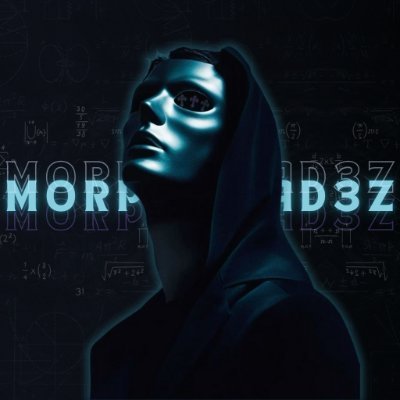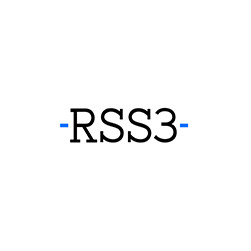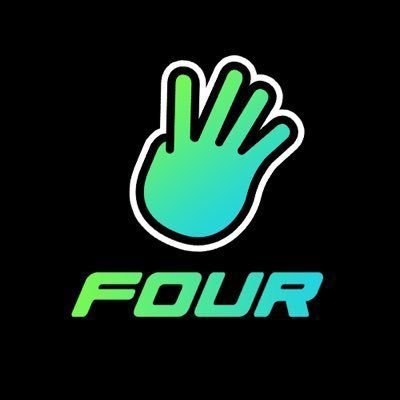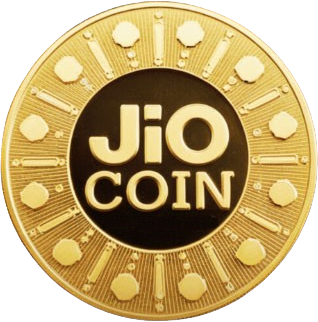

Everyworld 價格EVERY
您今天對 Everyworld 感覺如何?
Everyworld 今日價格
EVERY 的最高價格是多少?
EVERY 的最低價格是多少?
Everyworld 價格預測
什麼時候是購買 EVERY 的好時機? 我現在應該買入還是賣出 EVERY?
EVERY 在 2026 的價格是多少?
EVERY 在 2031 的價格是多少?
Everyworld 價格歷史(TWD)
 最低價
最低價 最高價
最高價 
Everyworld 市場資訊
Everyworld 持幣分布集中度
Everyworld 地址持有時長分布

Everyworld 評級
Everyworld (EVERY) 簡介
什麼是 Everyworld?
Everyworld 由紐約遊戲公司 Everyrealm 所開發,是一個能帶來回報的廣告協議。它旨在重新定義區塊鏈領域的參與和獎勵機制,專為遊戲和社群媒體產業量身打造。該平台將去中心化技術的力量與社交型遊戲相結合,創造了一個用戶可以在消費內容的同時積極參與其生態系統的環境。Everyworld 的主要目標是將權力從中心化企業實體轉移到更民主、用戶驅動的社群,使其更加平衡。它利用區塊鏈技術來確保透明度、公平性和社群治理,使其成為 Web3 的先驅。
透過利用去中心化自治組織(DAO)的概念,Everyworld 承諾提供一個平台,讓用戶在網路的發展方向上,像是從內容管理到獎勵分配等擁有發言權。這種方法不僅提高了用戶的參與度,也培養了參與者的自主意識。該協議透過使用智能合約確保了與內容、參與度和貨幣化相關的規則是不可篡改,並且公開可見,進而防止可能以犧牲社群利益為代價而使少數人受益的任意更動。
相關頁面
官方文檔: htt ps://docs.everyworld.com/
官方網站: https://www.everyworld.com/
Everyworld 是如何運作的呢?
Everyworld 為用戶帶來了一種與社群媒體平台整合的獨特內容發現協議,特別注重提供吸引人的短影片。內容會透過演算法來源進行推播,類似於 TikTok 等熱門平台使用的模型,但有一個明顯的變化:它嵌入在 Discord 等以用戶為中心的平台中。這項策略不僅增強了內容的可發現性,還透過不斷提供新的相關數位體驗來維持社群的參與。
Everyworld 的參與度透過一個名為「種子(Seeds)」的新穎系統進行精心追蹤和獎勵,用戶透過與內容互動、分享或參與社群討論來獲得種子。然後,這些種子可以轉換成「門票(Tickets)」,用於參加定期的彩券抽獎,為平台增添了遊戲化元素。這個彩券系統旨在獎勵活躍的社群成員,並讓他們參與並投資於生態系統的成長和成功。
此外,Everyworld 的模式透過用戶和企業的付費來推廣內容,就像其他社群媒體龍頭一樣,用戶可以使用該平台的原生代幣付費來提高其知名度。這種模式不僅可以激勵內容創作,也符合 Everyworld 數位廣告領域的民主化目標。去中心化的治理模式可以實現廣告收入的透明和公平分配,這對於維護平台的完整性和永續性至關重要。
什麼是 EVERY 代幣?
EVERY 是 Everyworld 生態系統的原生代幣。它可用於交易、獎勵和支付推廣費用。這確保了一個順暢且高效的經濟環境,用戶可以在生態系統中賺取、花費和投資他們的代幣。用戶可以使用 EVERY 進行錄影、推廣內容、參與社群治理,進而參與平台未來的發展。
此外,EVERY 代幣還有助於用戶參與更廣泛的獎勵生態系統。該系統允許用戶將從各種平台獲得的獎勵轉換成各種代幣,然後可以在應用程式和服務網路中使用。EVERY 的總供應量為 100 億枚。
Everyworld 的價格是由什麼決定的呢?
Everyworld(EVERY)的價格會受到區塊鏈和 Web3 空間中典型因素的綜合影響。供需動態發揮了至關重要的作用,因為 EVERY 代幣的固定供應量上限可能會導致因代幣市場需求引起的價格波動。市場波動是加密貨幣領域的共同特點,也會影響價格,其波動通常是由影響投資者情緒的加密貨幣監管的最新消息和發展所驅動的。此外,加密貨幣的整體趨勢和市場表現也會影響代幣的價格走勢,反映了投資者的信心和投機興趣。
加密貨幣分析和圖表提供了對 EVERY 代幣的寶貴見解,提供了有助於評估未來趨勢的預測。隨著投資者和愛好者尋找 2024 年及未來的最佳加密貨幣投資,Everyworld 與新興 Web3 技術的結合使其在市場上佔據了有利的位置。然而,潛在投資者應該意識到加密貨幣的風險,包括監管變化和市場動態,這可能會嚴重影響代幣的估值。密切注意加密貨幣價格預測並隨時了解最新趨勢和新聞,對於駕馭複雜的 Web3 投資領域來說是至關重要的。
對投資或交易 Everyworld 感興趣的人可能會好奇:在哪裡可以購買 EVERY?您可以在 Bitget 等領先交易所中購買 EVERY,Bitget 為加密貨幣愛好者提供了一個安全且用戶友善的平台。
EVERY 兌換當地法幣匯率表
- 1
- 2
- 3
- 4
- 5
用戶還在查詢 Everyworld 的價格。
Everyworld 的目前價格是多少?
Everyworld 的 24 小時交易量是多少?
Everyworld 的歷史最高價是多少?
我可以在 Bitget 上購買 Everyworld 嗎?
我可以透過投資 Everyworld 獲得穩定的收入嗎?
我在哪裡能以最低的費用購買 Everyworld?
在哪裡可以購買加密貨幣?
影片部分 - 快速認證、快速交易

Bitget 觀點





相關資產


































